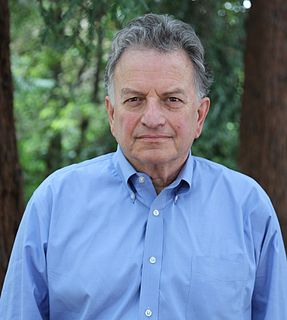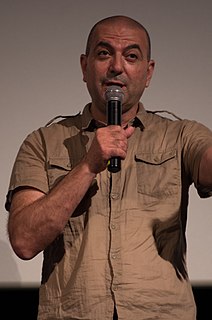A Quote by Farah Khan
Filmmaking is all about people management.
Quote Topics
Related Quotes
What I always tell people is... Unless you are so passionate about filmmaking that you would rather live out of your car than not do it, find something else to do as a career and do filmmaking as a hobby. This industry is one of the hardest to break into and be successful. It takes a lot of passion and dedication for it to get anywhere.
Filmmaking, at the end of the day, is really - in addition to the story and all of the equipment and the actors, it's really about time management. And so the smartest filmmakers are the ones who sort of pre-visualize the film in their head and are literally shooting the shots they need to cut the story together.
Companies, as they grow to become multi-billion-dollar entities, somehow lose their vision. They insert lots of layers of middle management between the people running the company and the people doing the work. They no longer have an inherent feel or a passion about the products. The creative people, who are the ones who care passionately, have to persuade five layers of management to do what they know is the right thing to do.






































